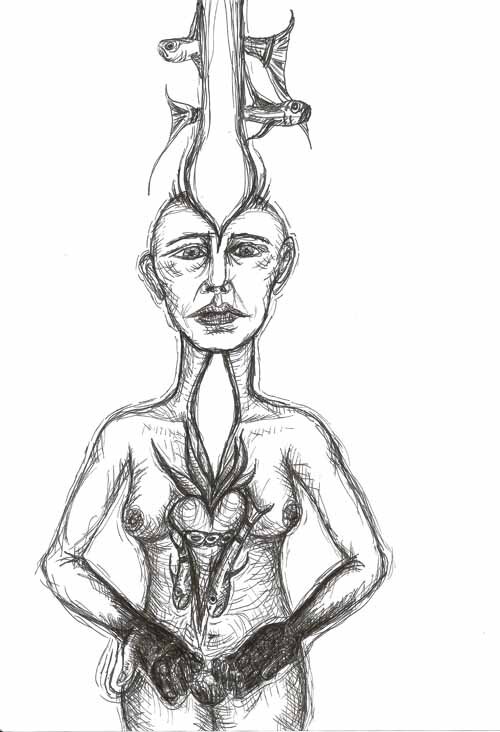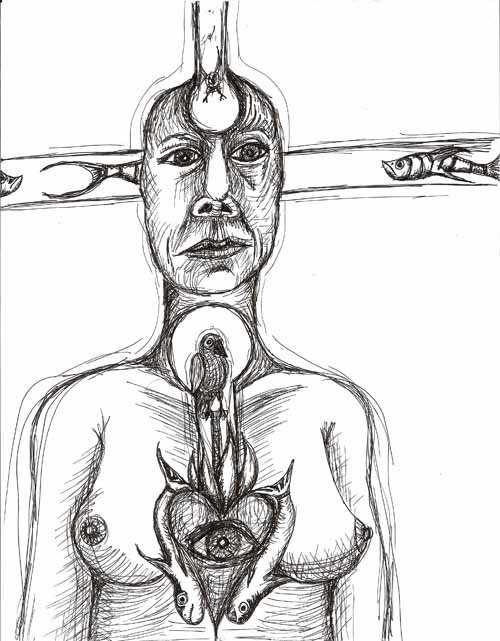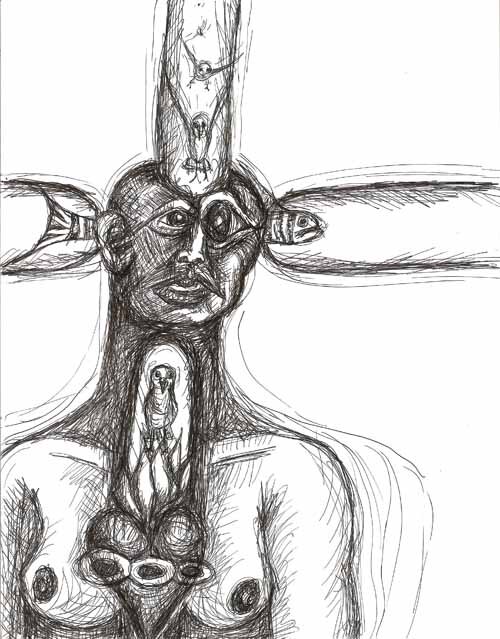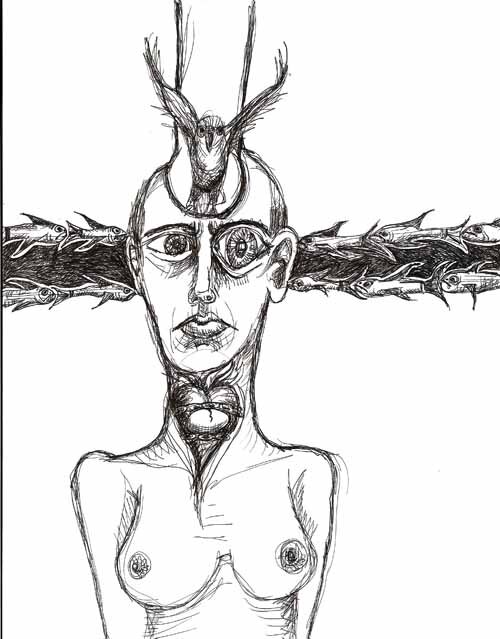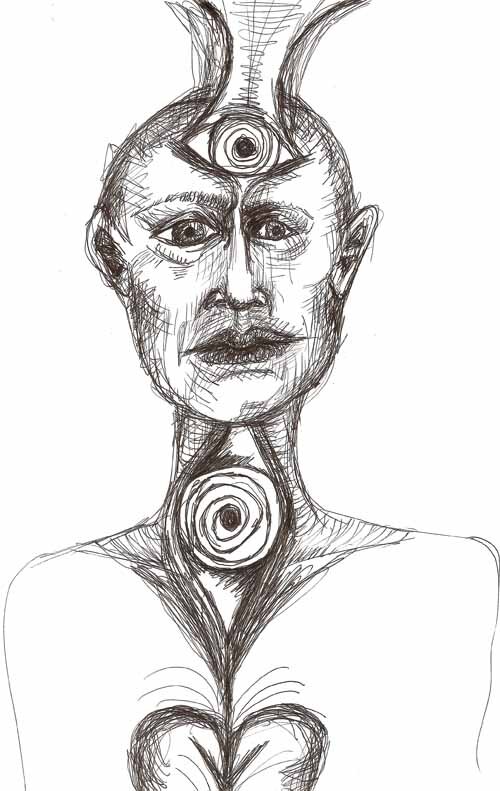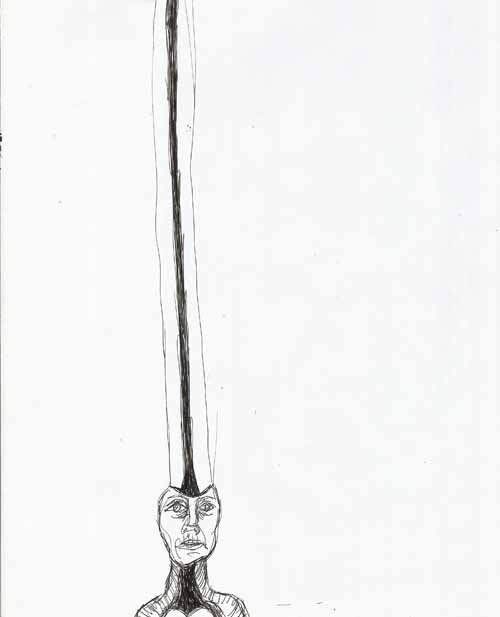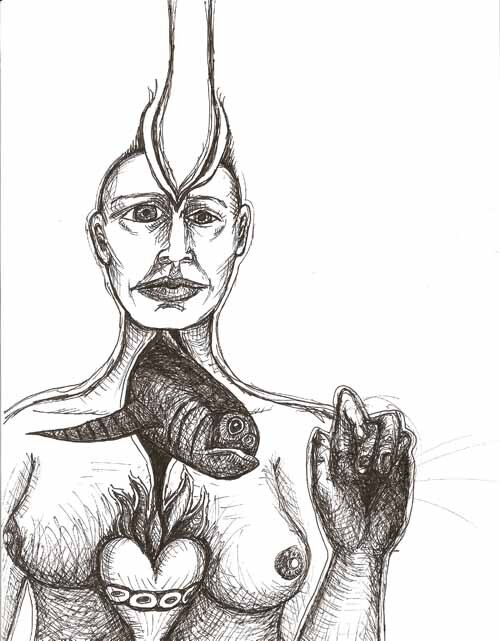My interest in spirituality and mysticism lies primarily in the via negativa. I’m here to tell you that the via negativa and physicality, the Earth, are compatible. In fact they are integral to one another.The mystic who embraces the via negativa tells us that God is unknowable, greater than anything our mind can conceive. We must therefor remove our mind from the equation, releasing all our ‘ideas’ of God and surrender our need to control. We must surrender any limits that our small minds might place on the unlimited Divine. We must not even will to will ‘God’s’ will.Because this path often requires a withdrawal in silence, it is falsely thought of as an escape from the world. It is not an escape from material reality; rather, it is a complete surrender into it. God and material reality, our Earth, are inseparable. Naturalist John Muir, though not a practitioner of the via negativa can still help us begin to understand the fundamental link between Earth and God.
These blessed mountains are so compactly filled with God's beauty,no petty personal hope or experience has room to be . . . . the wholebody seems to feel beauty when exposed to it as it feels the campfireor sunshine, entering not by the eyes alone, but equally through allone's flesh like radiant heat, making a passionate ecstatic pleasureglow not explainable. One's body then seems homogeneousthroughout, sound as a crystal.- John Muir
The Franciscan mystic Bonaventure (13th century) described all of creation as a vestige, a footprint, of God. Plotinus (3rd century CE) tells us that God emanates form, creation, without ceasing. Eckhart (14th century) describes God as self-generating, creating without cease. He believes that there was a sort of womb of God which he calls “the Abyss of God” which “… remains forever unique, uniform, and self-generating.” The practitioner of the via negativa seeks entrance to this womb, but it is with the understanding that they will not stay there in the place of no thing, they cannot. This womb is a place of constant birthing, of constant creation. By returning to this place, the mystic is “decreated” (see Tauler) and created at once. There is nothing that is created that is not the Divine. Sufi mystic Sheikh Nur Al Jerrahi (Lex Hixon) of blessed memory, puts this beautifully:
The heart is the spring at the center of a clearing within the uncharted forest of creation. Here, what is human, irradiated by Divine Love, transforms into what is Divine. There is nothing other than perfect humanity-which is simply the conscious realization that God alone exits. (p.372)







 I can't seem to get enough of Tagore. I've posted many of his poems here because he so intimately understands the process of creativity.
I can't seem to get enough of Tagore. I've posted many of his poems here because he so intimately understands the process of creativity.

